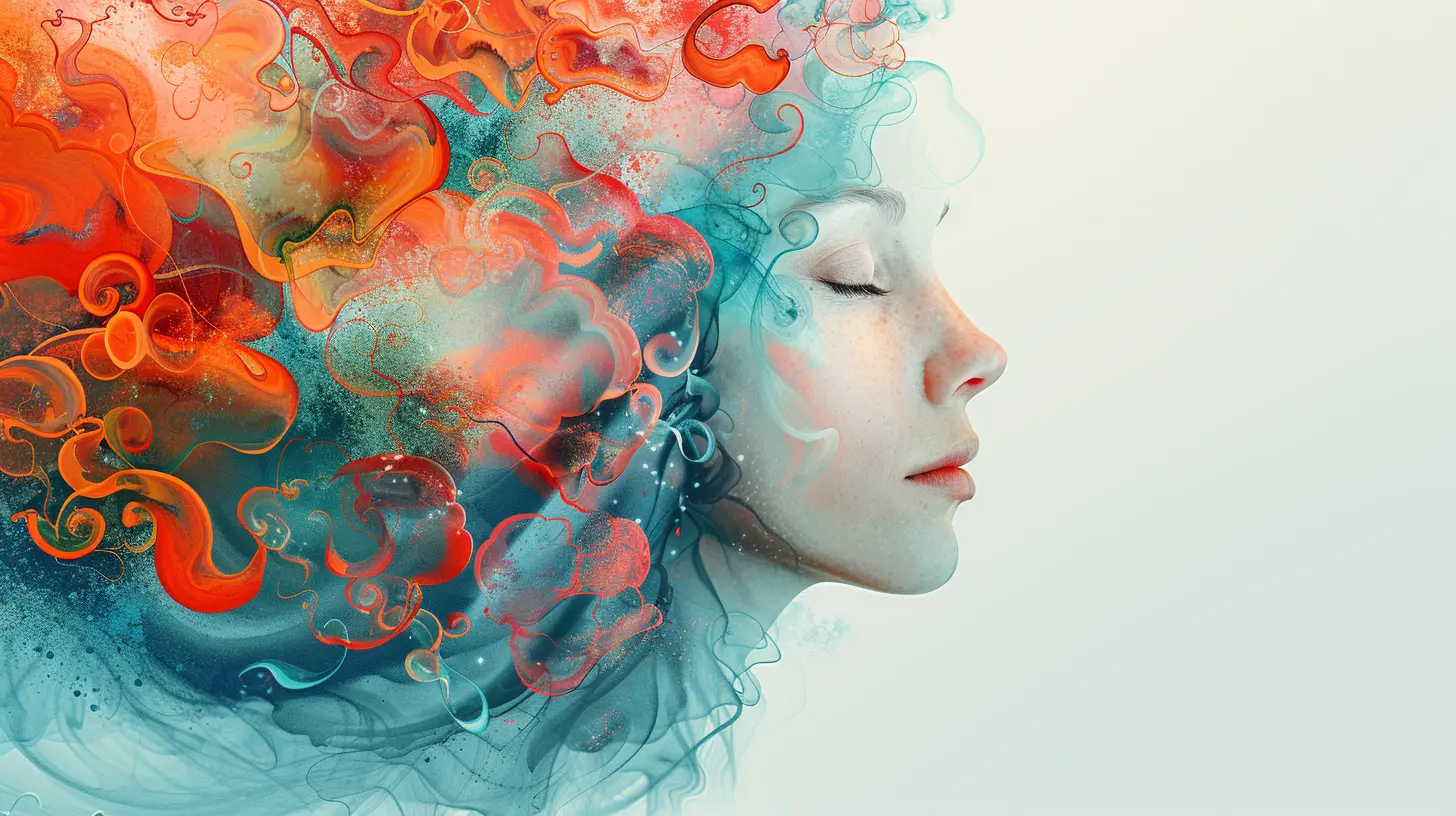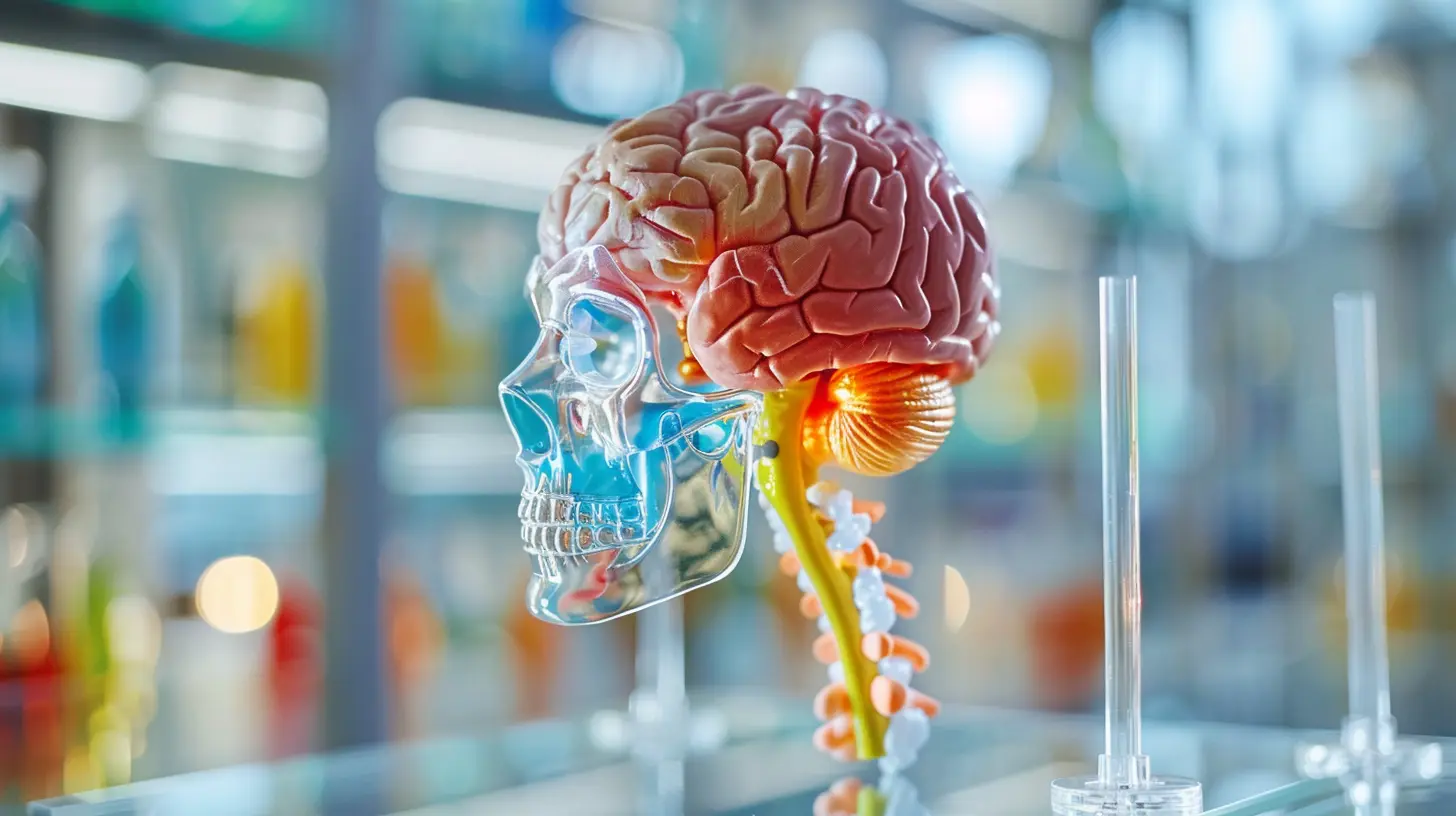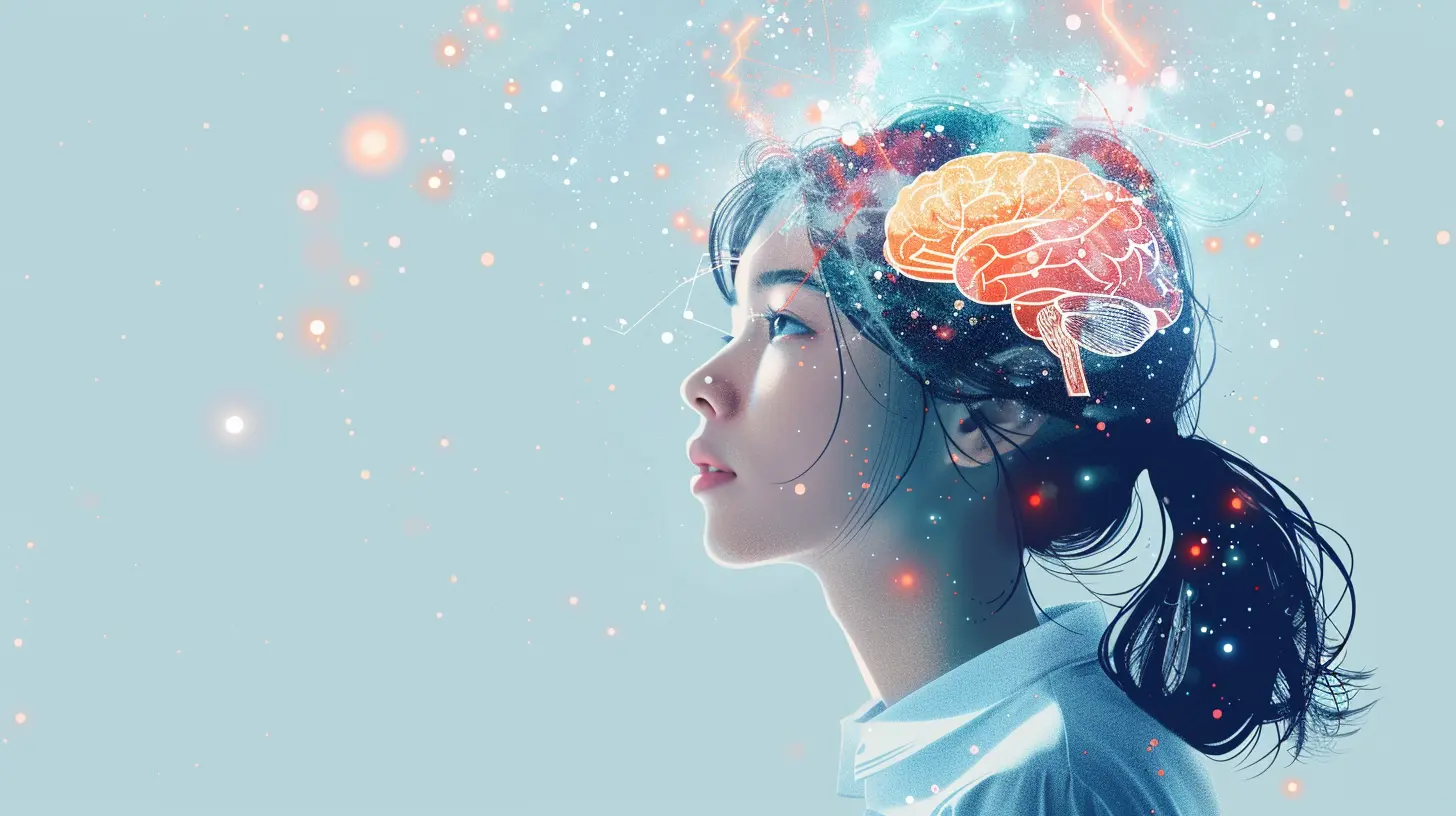How Gut Health Influences Brain Function and Mental Health
25 July 2025
You’ve probably heard the phrase “trust your gut” more times than you can count. But what if that gut feeling isn’t just a metaphor? What if your stomach — or more precisely, your gut health — has a direct line to your brain? Well, science says it does. And it’s not just a whisper; it's a full-blown conversation going on inside your body every day.
Gut health isn’t only about digestion anymore. The more we dive into the research, the more we understand that the gut plays a starring role in mental health and brain function. It's like your gut and brain are pen pals, constantly exchanging notes — and those notes are full of valuable instructions that affect everything from your mood to your memory.
So, let’s break it all down — what’s the gut-brain connection, how does it work, and why should you care?
The Gut-Brain Axis: Your Body’s Secret Messaging System
Imagine your gut and brain are having a long-distance relationship. They’re texting each other 24/7 through a superhighway of nerves, chemicals, and hormones. This fancy communication line is known as the gut-brain axis.The primary player here? The vagus nerve — a thick, meandering pathway that snakes its way from the brainstem to your abdomen. It acts like a telephone wire, transmitting messages in both directions. Plus, there's a supporting cast of neurotransmitters, immune pathways, and microbial signals keeping the convo alive.
But here's the kicker: about 90% of the signals actually go from the gut to the brain — not the other way around. That’s right. Your gut is doing most of the talking.
Meet Your Second Brain: The Enteric Nervous System
Now, here’s where things get even more interesting. There's a network of neurons embedded in your gut, known as the enteric nervous system (ENS). This complex system operates somewhat independently and handles digestion like a boss. It’s made up of over 100 million neurons — more than in your spinal cord!Because of this, scientists often refer to the ENS as the “second brain.” And it doesn’t just manage your lunch. It helps regulate mood, stress responses, and even your decision-making ability. Ever had a “gut-wrenching” experience or “butterflies in your stomach”? That’s your ENS reacting to emotional stimuli.
Microbiome Magic: How Microbes Shape Your Mind
Now let's talk bugs — the good kind. Your gut is home to trillions of microbes: bacteria, viruses, fungi, and archaea. Collectively, they’re known as the gut microbiome, and they outnumber human cells in your body.Think of them as your internal ecosystem. When it’s balanced, everything hums along beautifully. But when these microbes go rogue or get wiped out (hello, antibiotics and junk food), trouble brews. This imbalance, called dysbiosis, is linked to a laundry list of mental health issues, including anxiety, depression, and even neurodegenerative diseases.
Why? Because these microbes produce neurotransmitters like serotonin, dopamine, and GABA — the same chemicals that affect mood and mental clarity. In fact, up to 95% of serotonin (your happiness hormone) is made in the gut.
Crazy, right?
Inflammation: The Silent Mood Killer
When your gut isn't happy, it gets inflamed. And chronic gut inflammation doesn’t stay silent — it sends chemical messengers to your brain, often leading to what's known as neuroinflammation.You know how you feel sluggish, irritable, or foggy when you're sick? That’s your immune system pumping out inflammatory responses, not just to fight infection, but also affecting your brain in the process.
Long-term inflammation can disrupt neurotransmitter balance and impair brain function, making you more vulnerable to mood disorders like depression and anxiety. Think of it as static on the line between your gut and brain — messages get distorted or lost, and your mental health pays the price.
The Role of Diet: Feeding Your Brain Through Your Belly
Here’s some good news: you can actually tune up your gut-brain axis through what you eat. Your gut microbes are picky eaters, and their favorite meal? Fiber-rich, plant-based foods.Let’s get specific:
- Probiotics (like yogurt, kefir, kimchi, sauerkraut) add good bacteria to your gut.
- Prebiotics (found in garlic, onions, bananas, and oats) feed those good microbes.
- Polyphenols (from berries, green tea, and dark chocolate) reduce inflammation and oxidative stress.
On the flip side, sugar, processed foods, and artificial additives can decimate your microbiome and spike inflammation. Translation: if your diet is trash, your mental health might suffer too.
Stress and the Gut: A Two-Way Street
Have you ever gotten nauseous before a big presentation? Or had a stomachache during an argument? That’s your brain and gut responding to stress in real-time.Chronic stress messes with your gut in a big way — it slows digestion, alters microbial balance, and increases gut permeability (a.k.a. “leaky gut”). This allows toxins and bacteria to slip into your bloodstream, triggering an immune response and, you guessed it, inflammation.
But it works the other way too. A disrupted gut can increase levels of cortisol (the stress hormone), making you feel anxious even when there’s no real threat in sight. It’s like your body is constantly on high alert, but it doesn't know why.
Gut Health and Specific Mental Health Disorders
So, we’ve established gut health affects your brain. But how does it relate to specific mental health conditions?1. Depression
Studies have shown that individuals with depression often have distinct gut microbiota imbalances. In one study, transferring the microbiota from a depressed human into a germ-free mouse actually caused depression-like symptoms in the mouse.That’s some powerful gut mojo right there.
2. Anxiety
Anxiety is also linked to gut dysbiosis. People with anxiety often report digestive issues — bloating, gas, IBS — and vice versa. Some researchers even suggest targeting the gut with probiotics (also referred to as "psychobiotics") as a future treatment for anxiety.3. Autism Spectrum Disorders (ASD)
Emerging research connects gut health with autistic behaviors. Many individuals with ASD suffer from gastrointestinal symptoms, and some studies have noted improvements in behavior following probiotic and dietary interventions.4. Alzheimer’s and Neurodegeneration
There’s growing evidence that long-term gut inflammation and microbial imbalances may contribute to neurodegenerative diseases like Alzheimer’s. A leaky gut could lead to a leaky blood-brain barrier, allowing harmful substances to affect brain function.Practical Tips for a Gut-Healthy Life (And Mind)
Okay, so now that we know how crucial the gut is to brain health, what can we actually do about it? You don’t need to overhaul your life overnight. Start with simple, gut-friendly habits.Eat More Whole Foods
Vegetables, fruits, legumes, and whole grains feed your good bacteria.Fermented Foods Are Your Friends
Incorporate yogurt, kefir, miso, and kimchi to boost probiotics.Cut the Junk
Limit ultra-processed foods, sugar, and artificial ingredients. They mess with your gut flora big time.Manage Your Stress
Meditation, exercise, deep breathing — find what works for you. Your gut will thank you.Get Good Sleep
Your gut microbes follow a circadian rhythm just like you do. Poor sleep can throw them out of whack.Move Your Body
Regular exercise encourages microbial diversity, improves digestion, and reduces inflammation.The Future of Mental Health: Is It in Your Gut?
We’re just scratching the surface when it comes to understanding the gut-brain connection. But the evidence is stacking up fast. Mental health treatment could soon involve a more holistic, gut-centered approach — combining psychology, psychiatry, and nutritional science.Imagine a world where you treat depression not only with therapy and medication, but also with a customized gut protocol. Sounds like science fiction? Not anymore.
Final Thoughts
Your gut and brain are in constant dialogue, and your mental health is often a reflection of how well they’re getting along. By taking care of your gut, you're not just improving digestion — you're boosting mood, mental clarity, and emotional resilience.So next time you're feeling off, ask yourself: how’s my gut doing?
Because sometimes, the path to peace of mind starts with what’s on your plate.
all images in this post were generated using AI tools
Category:
NeuroscienceAuthor:

Janet Conrad
Discussion
rate this article
1 comments
Zephyrion Myers
This article effectively highlights the intriguing connection between gut health and brain function. By emphasizing the bidirectional relationship between the gut and mental health, it prompts a deeper understanding of holistic wellness. Further research in this area could significantly enhance therapeutic strategies for mental health disorders.
August 14, 2025 at 2:49 AM

Janet Conrad
Thank you for your insightful comment! I'm glad you found the article highlights on the gut-brain connection compelling. I agree that further research could open up exciting therapeutic possibilities for mental health.


